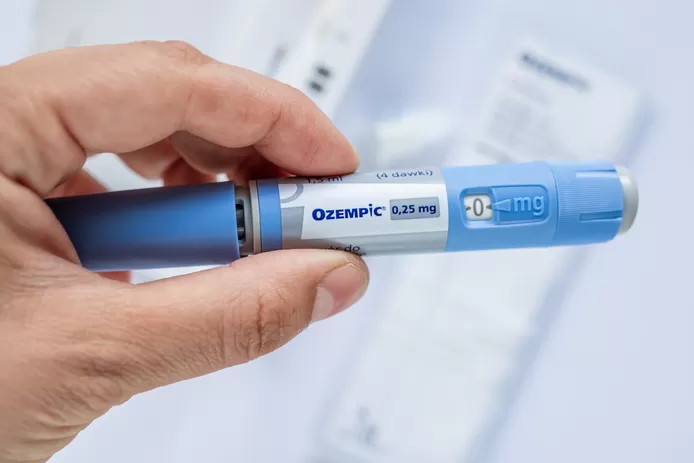When it comes to weight loss, there is no magic pill. But for many people struggling to lose weight, Ozempic has been a game-changer. The once-weekly injectable medication helps control blood sugar and promote weight loss, and it’s in high demand.
But the high demand for Ozempic has led to a shortage of the drug, leaving many patients unable to get their hands on it. The shortage is being blamed on manufacturing problems and increased demand.
Ozempic is just one of several injectable medications that have been shown to be effective for weight loss. But it’s the only one that’s currently in short supply. If you’re struggling to lose weight and are thinking about trying Ozempic, you may have to wait a while longer. In the meantime, there are other options available.
What is Ozempic?
The new diabetes medication Ozempic is in high demand, leading to a shortage of the drug. Ozempic is an injectable medication that helps control blood sugar levels and can lead to weight loss.
Ozempic is a once-weekly injection that helps control blood sugar levels by mimicking the body’s own GLP-1 hormone. GLP-1 is released after eating and signals the pancreas to produce insulin. Ozempic also slows down the emptying of the stomach, which can help control hunger and lead to weight loss.
Ozempic is approved for use in adults with type 2 diabetes who are not able to control their blood sugar levels with diet and exercise alone. The drug is not approved for use in children or adults with type 1 diabetes.
How does Ozempic work?
Ozempic is a new medication that’s been shown to help with weight loss. It’s in a class of drugs called incretin mimetics, which work by increasing the amount of insulin your body produces after eating. Ozempic is different from other drugs in this class because it also helps reduce the amount of sugar your liver makes.
Ozempic is approved for use in adults who are overweight or obese and have at least one other health condition related to their weight, such as type 2 diabetes or high blood pressure. The drug is typically taken once a week.
In clinical trials, Ozempic helped people lose an average of 5% to 10% of their body weight after one year. That may not sound like much, but it can make a big difference in your health.
What are the side effects of Ozempic?
The new weight loss drug Ozempic has been in high demand, leading to a shortage of the drug. While many are eager to try the new drug, it is important to know the side effects before taking it.
Common side effects of Ozempic include nausea, vomiting, diarrhea, constipation, and low blood sugar levels. Less common side effects include headaches, dizziness, and anxiety. Some people may also experience weight gain while taking Ozempic.
If you experience any of these side effects while taking Ozempic, be sure to contact your doctor right away. Ozempic is a new drug and more research is needed to determine all of its potential side effects.
Who should not take Ozempic?
People with a history of pancreatitis or kidney problems should not take Ozempic, as the drug can worsen these conditions. Those who are pregnant or breastfeeding should also avoid Ozempic, as there is not enough research to show whether or not it is safe for them. Finally, people with a family history of diabetes should be cautious about taking Ozempic, as it may increase their risk of developing the disease.
How to get Ozempic?
If you’re one of the many people who are looking to lose weight, you may be wondering about Ozempic. Ozempic is a new medication that has been shown to be effective for weight loss. However, there is currently a shortage of the drug, which means that it can be difficult to find. Here’s what you need to know about Ozempic and how to get it.
Ozempic is a new type 2 diabetes medication that has been shown to cause significant weight loss. In one study, patients who took Ozempic lost an average of 8 percent of their body weight. That’s compared to patients who didn’t take the drug, who only lost an average of 1 percent of their body weight.
The downside is that there is currently a shortage of Ozempic.
Conclusion
The chronic disease of obesity afflicts about 93.3 million Americans, according to the National Institutes of Health. Ozempic (semaglutide) is a once-weekly injectable medication for the treatment of type 2 diabetes and has been shown to help with weight loss. However, due to high demand, there is currently a shortage of the drug.
Ozempic is an FDA-approved medication that belongs to a class of drugs called GLP-1 receptor agonists. These drugs work by increasing levels of satiety hormones and reducing hunger signals from the gut. Ozempic is injected under the skin using a pre-filled pen device.
The most common side effects of Ozempic are nausea, diarrhea, constipation, decreased appetite, and upper respiratory tract infection.










GIPHY App Key not set. Please check settings